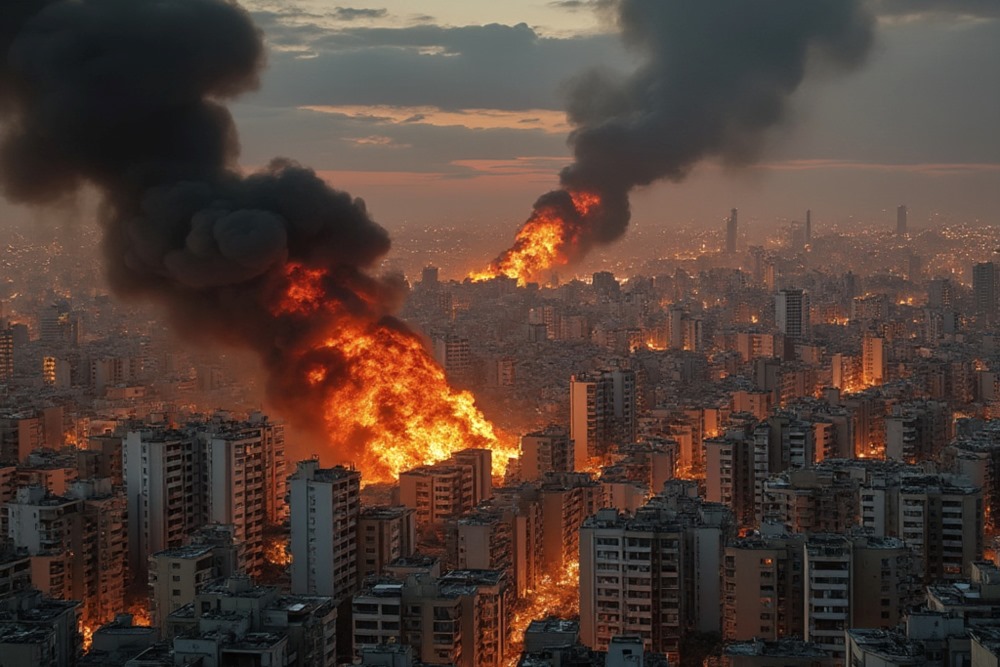
Israel and Iran are locked in intense military exchanges following the launch of a large-scale assault on Tehran’s nuclear facilities and military leadership. Israeli assessments indicate significant damage to Iran’s nuclear sites at Natanz and Isfahan, possibly delaying its nuclear program by years.
The IDF obliterated most of Iran’s air defenses within 24 hours, destroying dozens of anti-aircraft systems in Tehran and Western Iran. This is granting Israeli aircraft nearly unrestricted access to the Iranian capital.
Iran has confirmed that the deputy chiefs of intelligence and operations in the Armed Forces General Staff were killed in Israeli strikes.
Israeli Air Force flight routes are now wide open, with plans to escalate strikes using specialized methods developed over years, potentially targeting strategic sites deeper in Iranian territory.
Meanwhile, the IDF says that 70 fighter jets bombed more than 50 targets in Tehran overnight, as the Air Force engaged in 2.5 hours of unopposed operations over the capital. The IDF also demolished dozens of Iranian missile launchers, disrupting Tehran’s retaliatory plans with preemptive strikes.
Senior IDF officers say that Iran’s retaliation attacks, around 200 missiles fired so far, are smaller than anticipated, suggesting Tehran’s arsenal is strained as the IDF continues to bomb missile sites.
Israeli air defenses intercepted most Iranian missiles so far, but some impacted in the Tel Aviv area, killing three and wounding dozens.
The elimination of key commanders further disrupted Iran’s command structure, hampering missile strike coordination, Ynet reports.
Iran’s leadership, shocked by Israel’s assault, faces growing pressure as air defenses falter. Tehran is now threatening to attack American, British and French ships and bases if the US and its allies help Israel thwart Iranian attacks.


